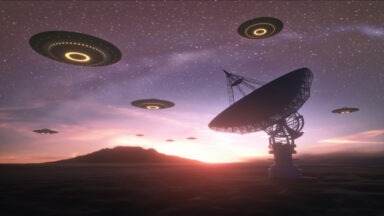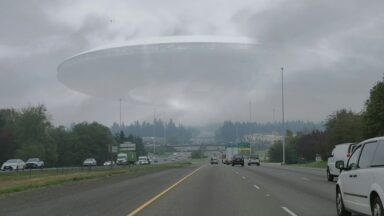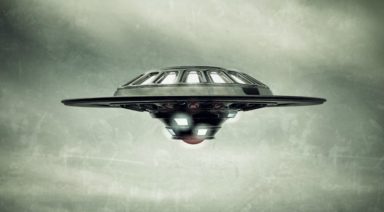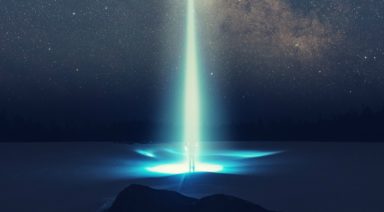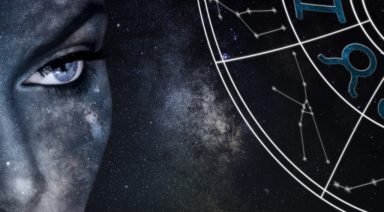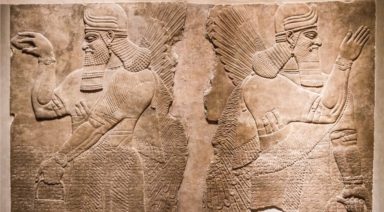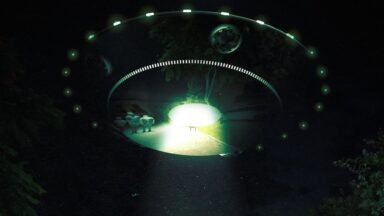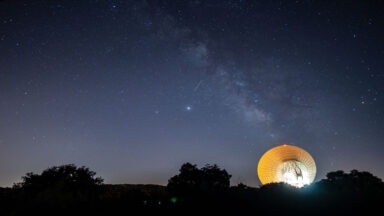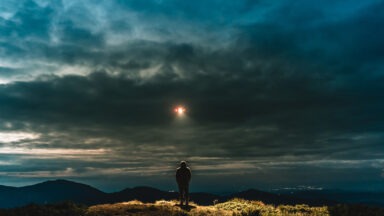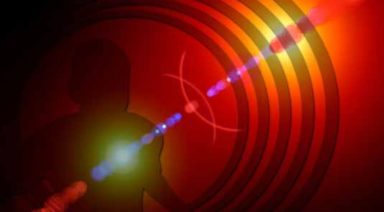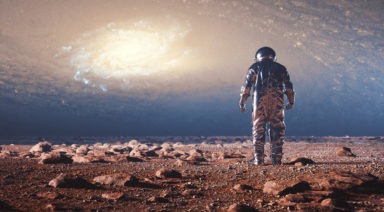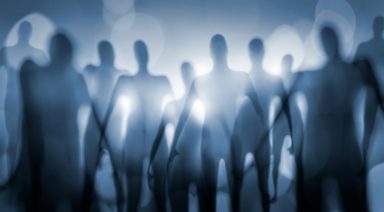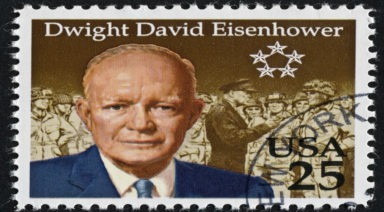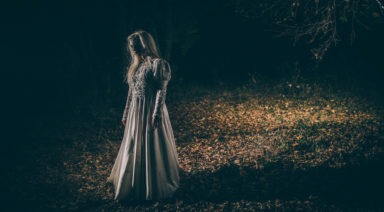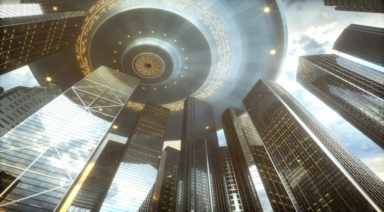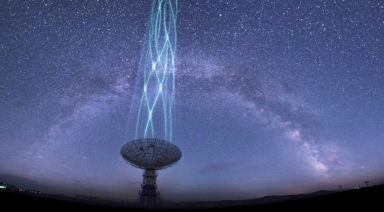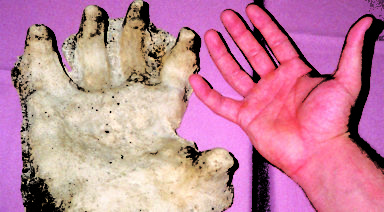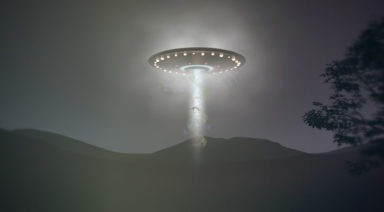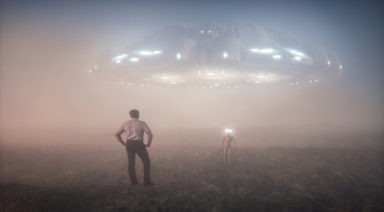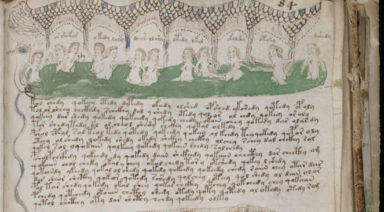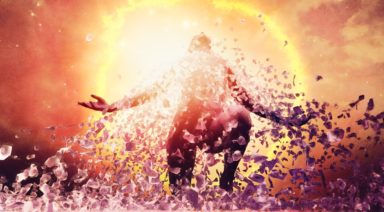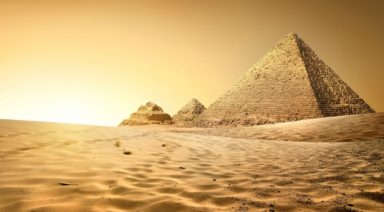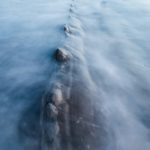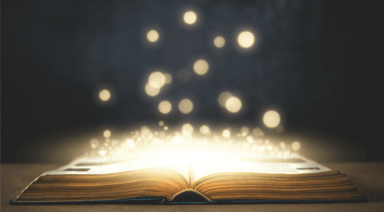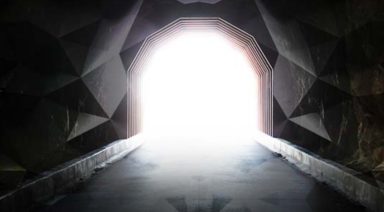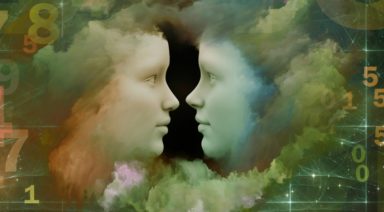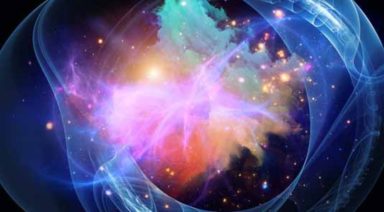Proposed Government Amendment Hints at Strange Effects from UFOs
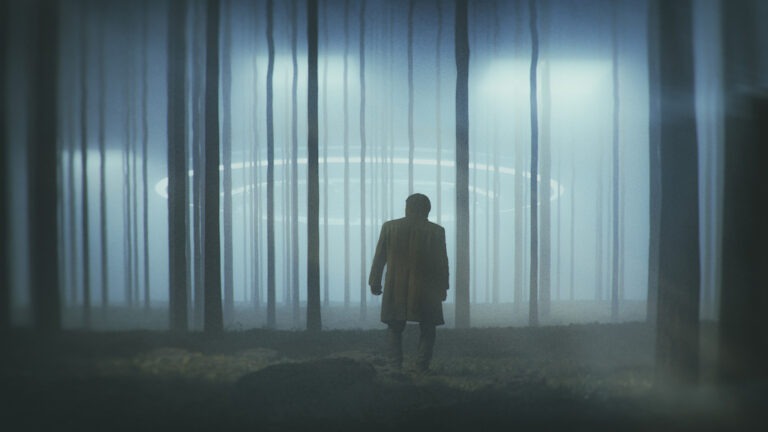
A historic amendment could establish a United States government office to study UFOs — a major development signifying the government may be ready to treat the UFO phenomenon seriously. Senator Kirsten Gillibrand has quietly introduced an amendment to the National Defense Authorization Act for 2022 that, if passed, would radically transform the US government’s treatment of UFOs.
Nick Pope, who worked for the UK’s Ministry of Defense investigating UFOs, said, “The main takeaways, obviously, are to replace the existing UAP taskforce with an Anomaly Surveillance and Resolution Office to loop in almost every part of the military and the intelligence community. And in terms of accountability, to have this independent watchdog, the Aerial and Transmedium Phenomena Advisory Committee sitting over a lot of this, selecting people from the Galileo Project, from the Scientific Coalition for Ufology, and bodies like that — it’s unprecedented.”
A significant development in this amendment is the inclusion of civilian scientific experts, specifically mentioning professor Avi Loeb’s Galileo Project. But the US government has had a bumpy history with civilian scientists.
“What it’s trying to do is blend together the government side of this with the scientific and academic community side, and I think for many, many years there has been a disconnect,” Pope said. “Government doesn’t do science very well. Here in the language of Sen. Gillibrand’s amendment, we have an attempt to fix that, to try and bring in scientists and academics, and loop in their expertise so that it can be properly leveraged.”
In June of 2021, the unclassified, short version of the UAP report left many wanting more. This amendment calls for unclassified reports. How do they rectify the government’s need for secrecy with the public’s desire for accountability?
“There’s always this tension between the classified and the unclassified. Clearly, we have a nine-page, unclassified summary, but by all accounts, there’s a classified version at least double that,” Pope said. “So, Sen. Gillibrand’s amendment acknowledges that there will always be a classified side, but also addresses that important point about public accountability by saying there must continue to be reports. There’s a whole raft of reports required, I think some annual, some quarterly.”
Since the 1940s and the United States’ first detonation of nuclear weapons, there have been reports of UFOs visiting and even interfering with nuclear weapons. This amendment includes language requiring reports on “[U]nidentfied aerial phenomena associated with military nuclear assets, including strategic nuclear weapons and nuclear-powered ships and submarines,” as well as any health problems associated with close contact with UAPs.
“Immense significance of the material about human effects, the physiological effects of close encounters. If a pilot has a close encounter and comes back and finds that his watch is telling a different time, or if he comes back and finds he’s got sunburn and somebody says, ‘[H]ey, it’s not sunburn, it’s radiation.’ Those statements which you can see reflected in the language in the Gillibrand amendment, what they do is acknowledge the reality of this part of the phenomenon. If you read between the lines of it, what it’s essentially saying is ‘these things are happening,’ that’s the given. And what they’re then saying is, ‘given that these things are happening — UAP interaction with nuclear weapons, close encounters that have physiological effects — we need to find out the what’s and the why’s a little bit more.’ So, it’s extraordinary by its implication of the reality of this,” Pope said.
Nick Pope started with the UK Ministry of Defense studying the UFO phenomenon in the summer of 1991, 30 years later, what can we learn about how far we’ve come?
“The big picture is that we have transitioned within government from a policy of deny, debunk, and downplay, to a position where essentially, this is real, now we need to find out what the heck’s going on and what our response to it should be. With my perspective of 30 years of involvement in this topic, yeah, I think we are moving to a very good place here,” Pope said.
The Gillibrand amendment could be taken up by Congress as early as this month.
US Space Force Hesitant to Take on UFO Study

Should the US Space Force take over the tracking and studying of UFOs? Space Force reportedly says, “no.” Why wouldn’t they want this high-profile job?
In the wake of the UAP report from Congress, which called for the US government to “standardize the reporting, consolidate the data, and deepen the analysis,” officials are reportedly calling on the recently formed Space Force to play an increased role in the tracking and study of UFOs. But in a recent report by Politico, who spoke to five unnamed officials, the Space Force command is wary of the assignment because “they want people to take them seriously.”
With such a high-profile order for a service which is not even two years old, why would they balk at such an idea?
Cheryl Costa is an investigative journalist and researcher who spent nine years in the US military, including five years as a Navy Electronic Warfare Specialist, she is the co-author of “UFO Sightings Desk Reference USA 2001-2020.”
She said, “Well as far as Space Force taking over, let’s go back to the early 2000s, ships like the Nimitz and things started experiencing these UFO sightings, had that been anything that resembled a Russian aircraft or Chinese aircraft, a dozen different intelligence groups would have been all over it. We’ve had this stigma since 1968 with the Condon Report that made it to Congress that made everybody who reports a UFO look like a kook or a crackpot.”



